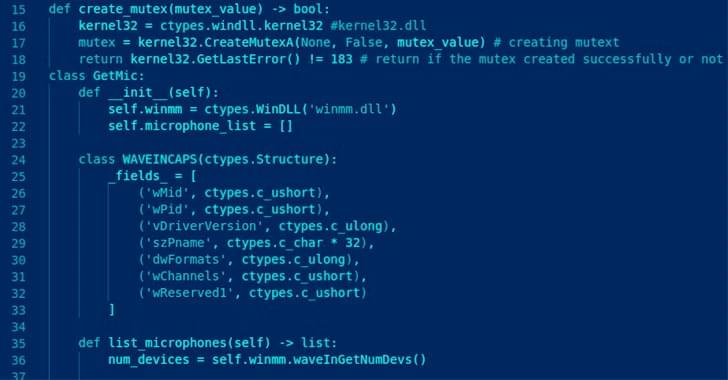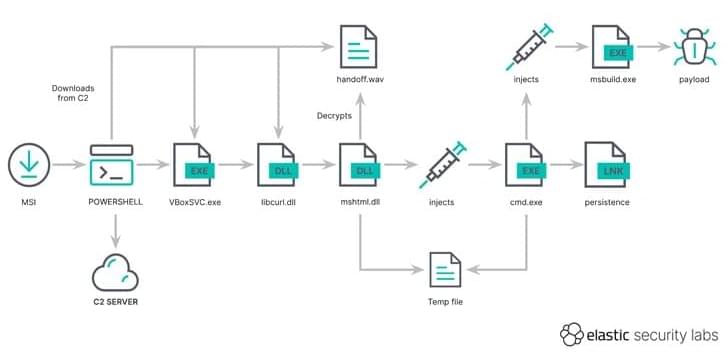Oct 31, 2023
Boeing Breached by Ransomware, LockBit Gang Claims
Posted by Shubham Ghosh Roy in category: cybercrime/malcode
https://informatech.co/3QEBncW by.
In a post on its leak site, prolific ransomware threat group LockBit claims that it breached Boeing, and said that it will start releasing sensitive data it purportedly stole from the company’s systems if ransom demands aren’t met by Nov. 2.
“A tremendous amount of sensitive data was exfiltrated and ready to be published if Boeing do (sic) not contact within deadline!” the LockBit post shared by cybersecurity analyst Dominic Alvieri read. “For now we will not send lists or samples to protect the company BUT we will not keep it like that until the deadline.”
Continue reading “Boeing Breached by Ransomware, LockBit Gang Claims” »


















